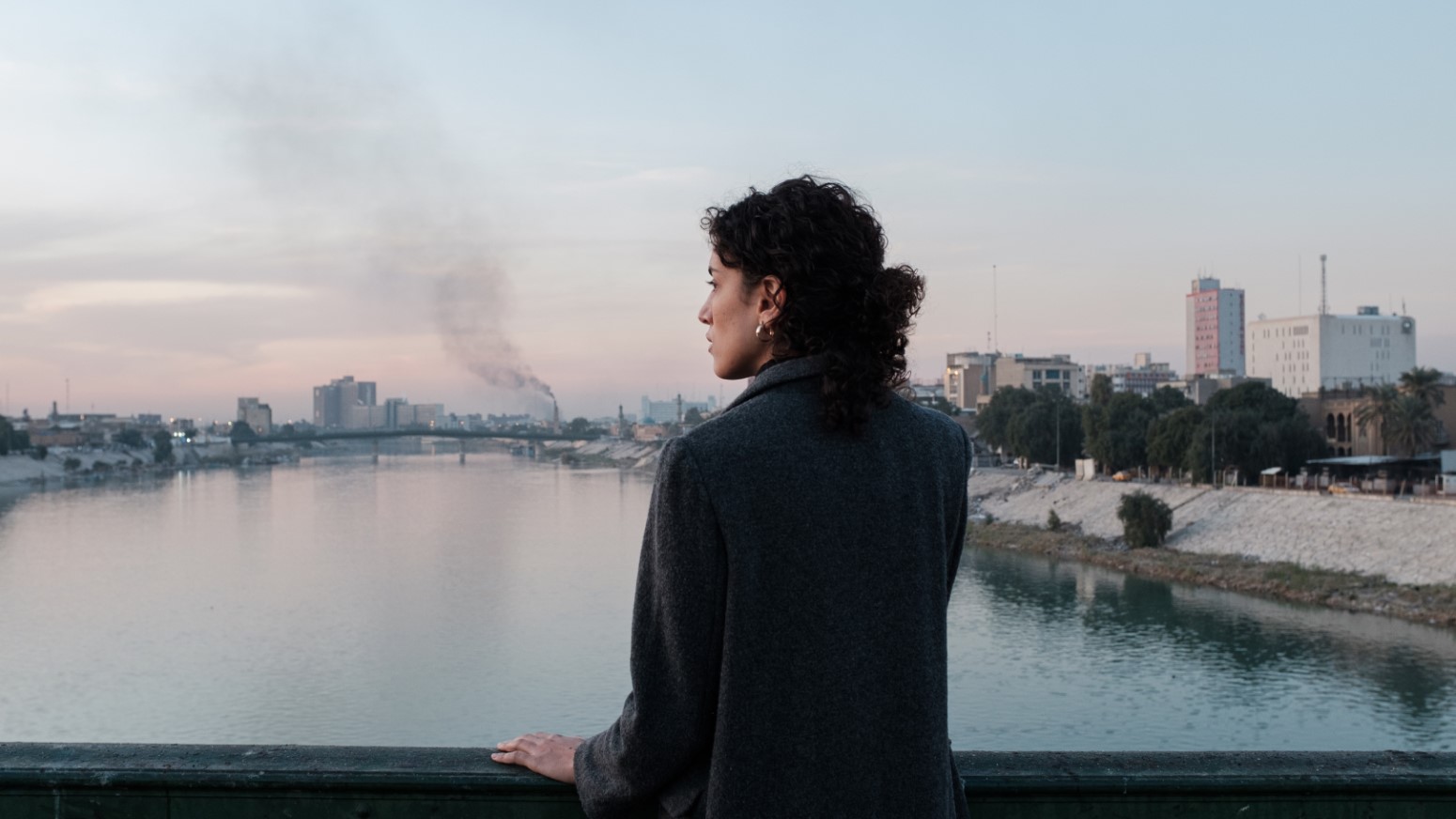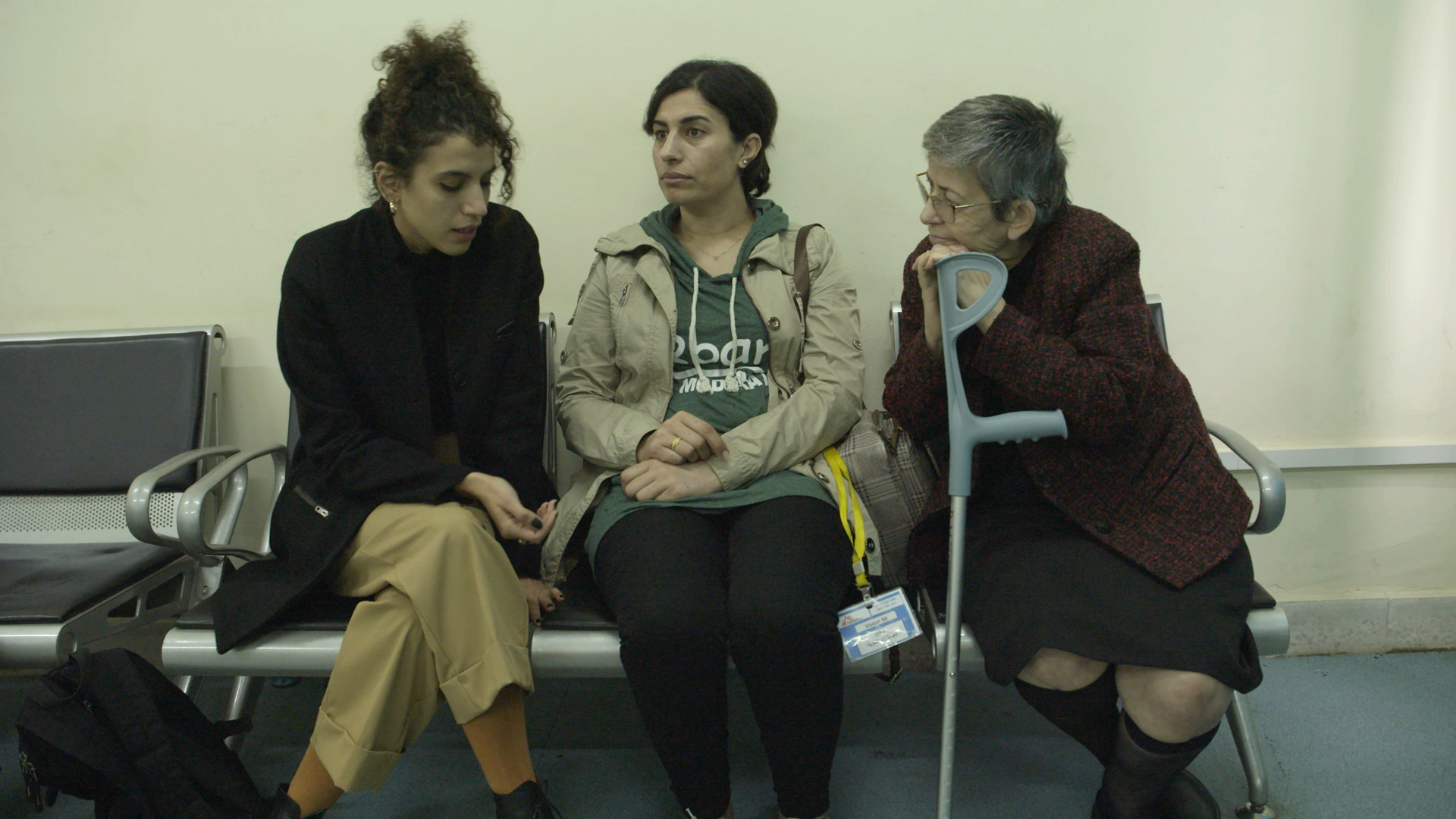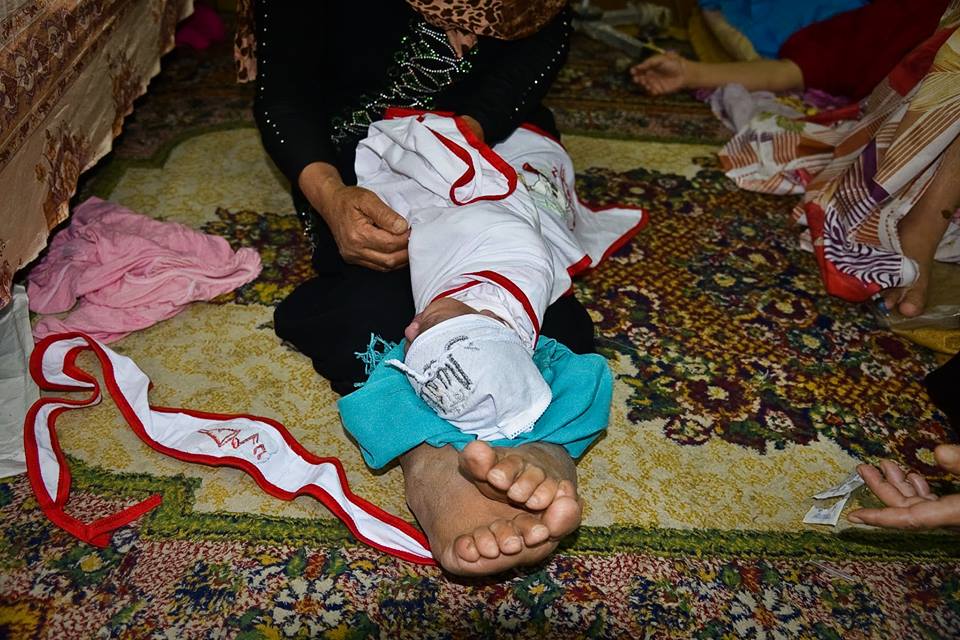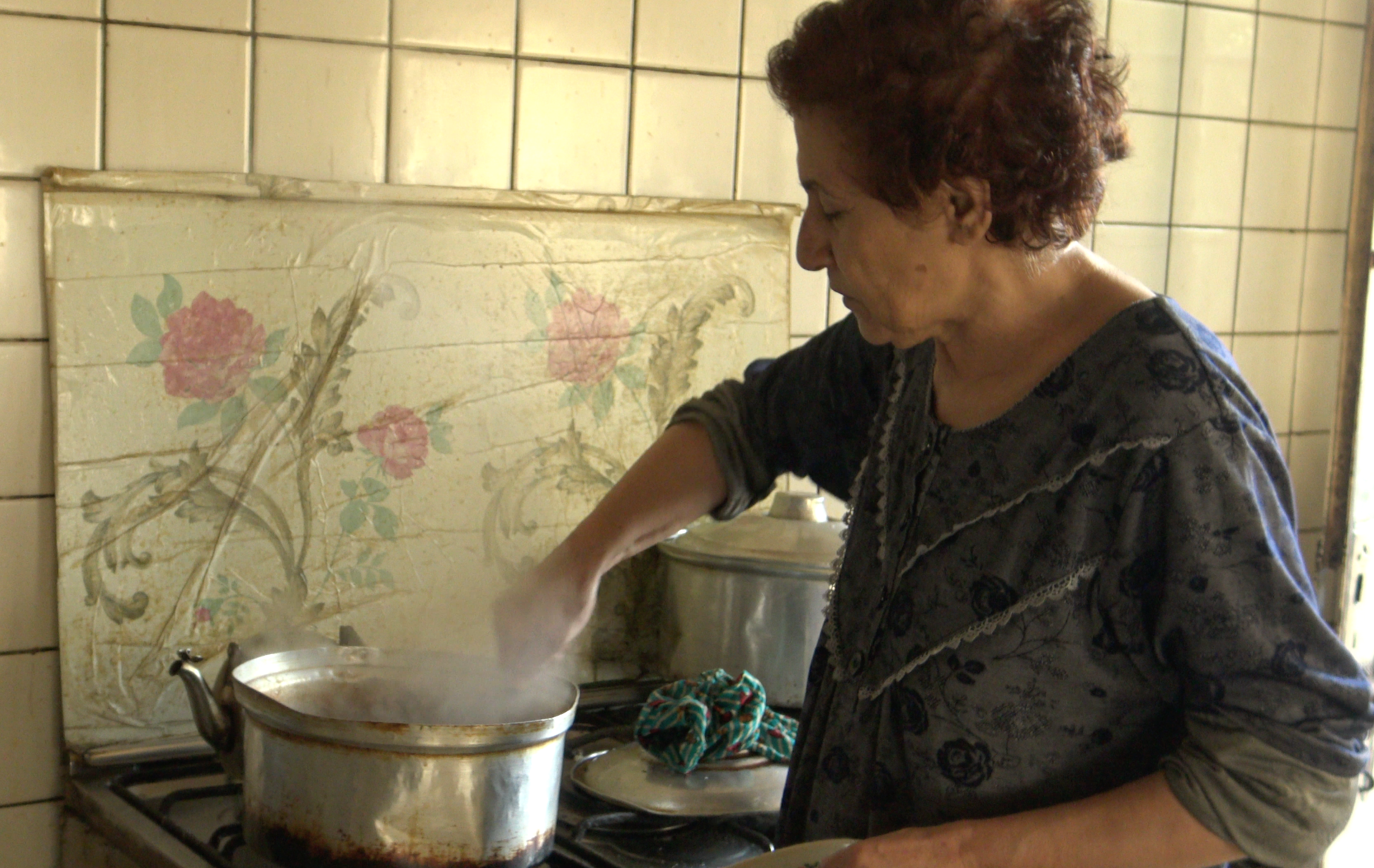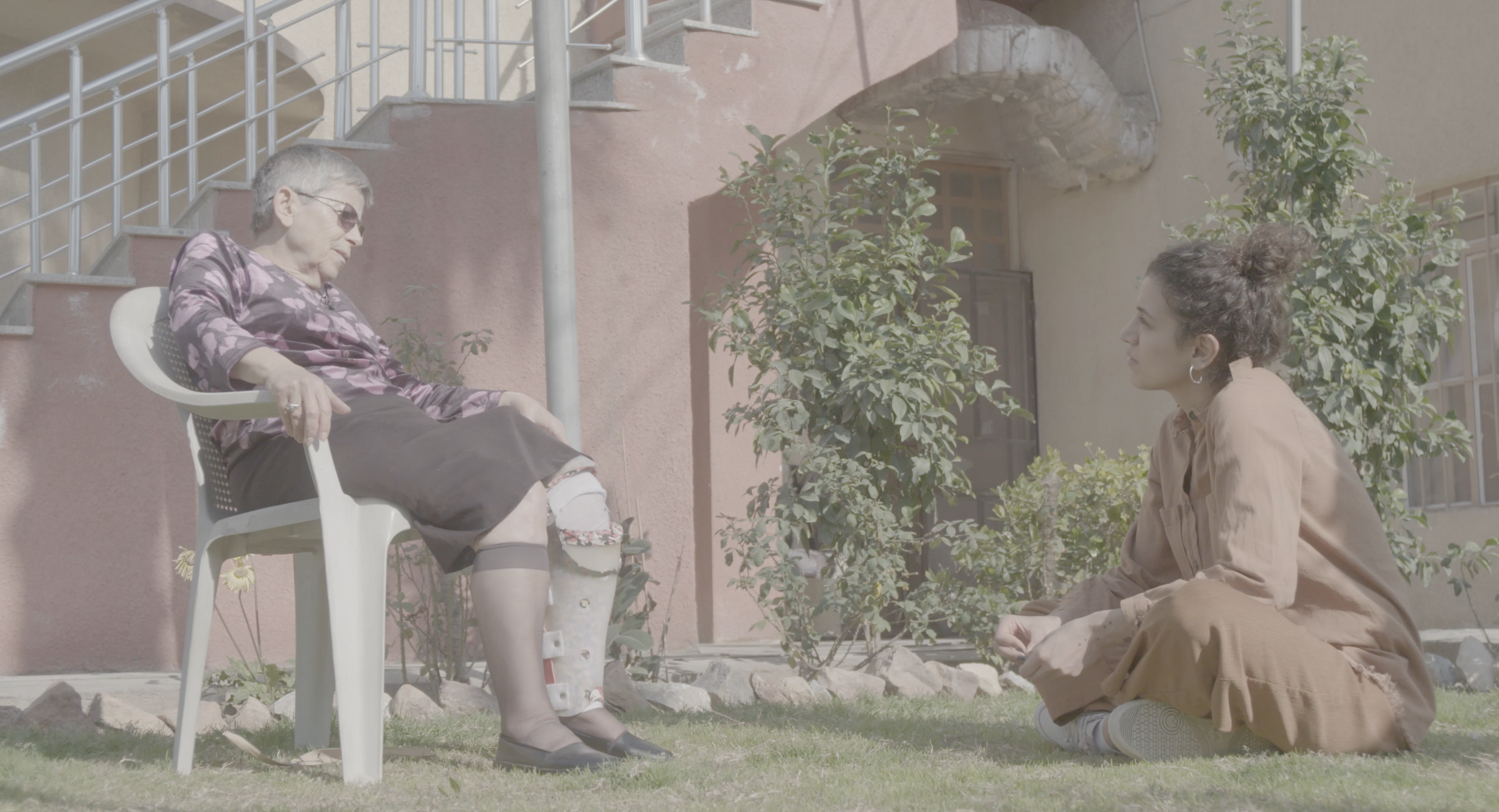Projects
Women of My Life
Zahraa GHANDOUR
- Iraq, Switzerland
- 90min
- mov
- color
Synopsis
Zahraa (30) is an actress based in Baghdad. Each day she encounters news about the killing of women in her city. It tortures her in her wake and slumber. She goes back to the house where she was born and raised. It is her maternal aunt Hayat’s (65) home. She is the woman whose hands Zahraa was born into. Hayat is a certified midwife who enjoys nothing other than smoking cigarettes while watching horror films and hearing children cry upon their birth.
Zahraa confronts her aunt about a little girl, Noor, who went missing from their house during Zahraa’s childhood. She believes her aunt was involved. She had seen that girl on national TV talking about how her family threw her out on the street and it has haunted her ever since. Zahraa goes on a journey to search for Noor alongside her friend and mentor Hanaa Edwar (74), a pioneer human rights activist.
Between confronting family history and searching for Noor, Zahraa comes up against her nightmares and the daily stories of women being killed by their families in different ways in Baghdad.
Will the excuses for why girls are killed be stopped in Baghdad? Will the nightmares stop if the missing girl Noor is found?
Review
I am making this film to tell my personal story and the stories of other women whose lives and survival have depended on each other. Our lives, as girls and women in Baghdad, are determined from the first moments we are born into this world. Many girls are unwanted since birth. I witnessed the disappearance of a girl from my aunt’s house who was abandoned by her birth mother, and drugged by the family that took her until she became disabled. I was too young then to reach out to her, and to feel the safety that disappeared with her. I now go on a journey of searching for her through my first film. The creative team working on this film is a local Iraqi one. I believe that making a film here will honour our vision and our experience. We all belong to an emerging generation in Iraqi filmmaking, having our first experiences together to express ourselves and produce a representation of identity, which we feel is all that is left for us after all the wars and crises.
Director
-
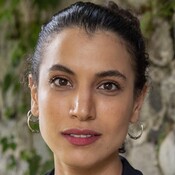
Zahraa GHANDOUR
Credit
- Producer자하라 간도르 Zahraa Ghandour
사미르 Samir
